Whole Tyre Reclaimed Rubber is recycled material derived from used tyres. Unlike shredded or crumb rubber, it undergoes a specialized process to restore elasticity and flexibility, making it suitable for various industrial applications.
Difference Between Reclaimed Rubber and Virgin Rubber
Think of new rubber as a brand-new book and reclaimed rubber as a restored classic. While virgin rubber is directly extracted from natural or synthetic sources, reclaimed rubber is produced by recycling old tyres, offering a sustainable alternative.
How It’s Made
The Tyre Recycling Process
Used tyres are first collected and shredded into smaller pieces. These are then cleaned and processed to remove impurities like steel and fabric.
Chemical and Mechanical Processes Involved
Advanced techniques like devulcanization break down the molecular bonds in rubber, restoring its flexibility. Additives are often mixed in to enhance performance.
The Importance of Whole Tyre Reclaimed Rubber
Environmental Benefits
Reducing Landfill Waste
Ever wondered where old tyres go? Without recycling, millions of tyres would end up in landfills, creating mountains of waste. Reclaimed rubber diverts this waste into something useful.
Lowering Carbon Emissions
Manufacturing virgin rubber is energy-intensive. Using reclaimed rubber reduces the need for new production, cutting down on carbon emissions.
Economic Advantages
Cost-Effectiveness for Manufacturers
Why spend more when you can spend less? Reclaimed rubber is cheaper than virgin rubber, making it a budget-friendly choice for manufacturers.
Reducing Dependency on Raw Materials
The global rubber supply chain can be unpredictable. Reclaimed rubber reduces dependency on natural rubber, ensuring a stable supply.
Applications of Whole Tyre Reclaimed Rubber
Automotive Industry
Tyre Manufacturing
Ironically, recycled tyres can become new tyres. Reclaimed rubber is often used as a component in manufacturing affordable, durable tyres.
Gaskets and Seals
Reclaimed rubber’s flexibility makes it ideal for automotive gaskets and seals, offering durability at a lower cost.
Construction Sector
Flooring and Roofing Materials
Ever walked on rubberized flooring? Chances are, it was made using reclaimed rubber. Its resilience and weatherproof qualities make it a popular choice in construction.
Noise Insulation Products
Rubber’s natural sound-dampening properties make it a go-to material for building noise insulation.
Challenges in the Reclaimed Rubber Industry
Quality and Performance Issues
Reclaimed rubber may not always match the quality of virgin rubber, which can limit its applications in high-performance products.
Regulatory and Market Challenges
Compliance with environmental and industrial standards can be a hurdle, alongside fluctuating market demands.
The Future of Whole Tyre Reclaimed Rubber
Innovations in Recycling Technology
New technologies are making the recycling process more efficient, ensuring higher-quality reclaimed rubber.
Growing Demand in Sustainable Manufacturing
With industries shifting towards eco-friendly practices, the demand for reclaimed rubber is on the rise.
Conclusion
Whole Tyre Reclaimed Rubber is a shining example of how sustainability meets practicality. It not only helps the environment but also offers economic advantages for industries. As technology advances and the world embraces sustainable practices, the role of reclaimed rubber will only grow.
FAQs
1. What is the lifespan of products made with reclaimed rubber?
Products made with reclaimed rubber are durable and can last almost as long as those made with virgin rubber.
2. Can reclaimed rubber be used in high-performance applications?
While it may not always match virgin rubber’s quality, advancements in recycling technology are bridging this gap.
3. Is reclaimed rubber safe for the environment?
Absolutely! It reduces landfill waste and carbon emissions, making it an eco-friendly choice.
4. What industries benefit the most from reclaimed rubber?
The automotive and construction industries are the biggest beneficiaries, using it in tyres, gaskets, and flooring materials.
5. How does reclaimed rubber compare in cost to virgin rubber?
Reclaimed rubber is significantly cheaper, making it a cost-effective alternative for manufacturers.
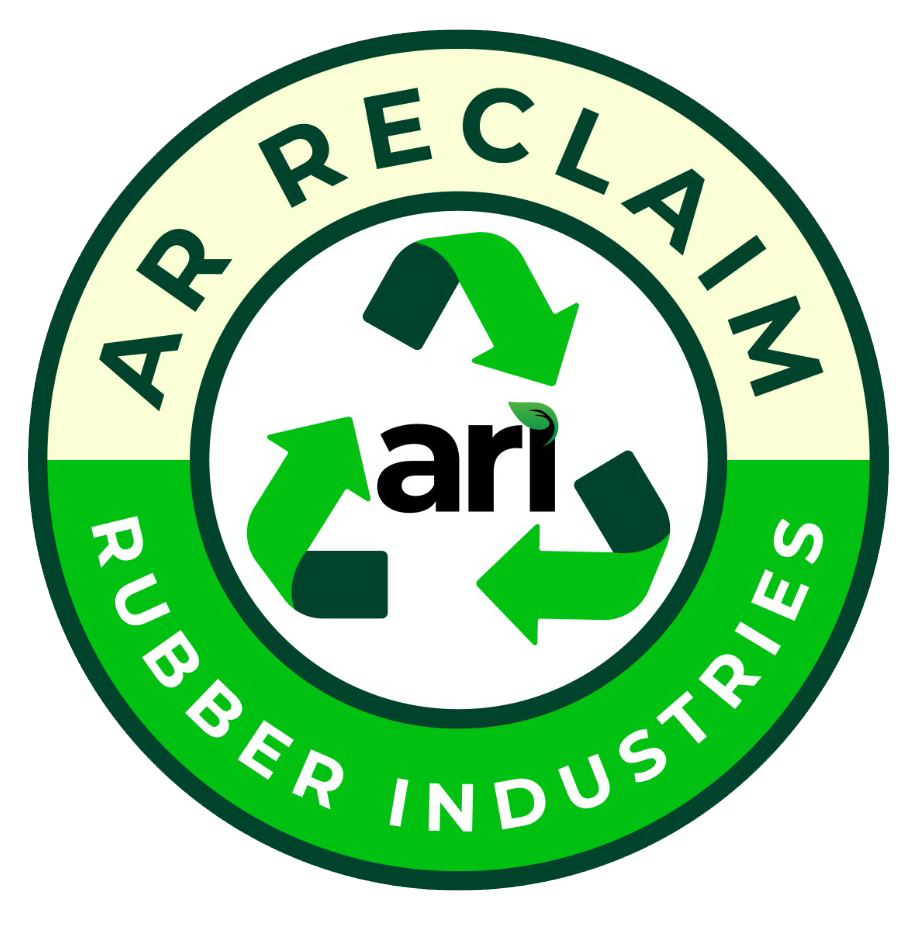
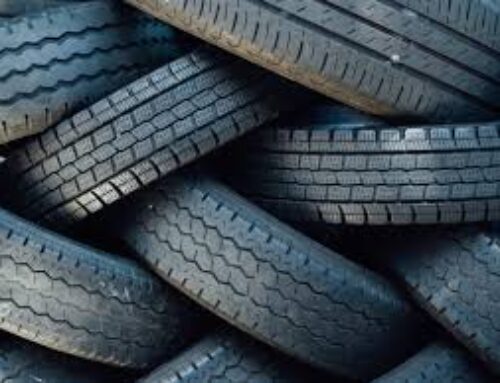
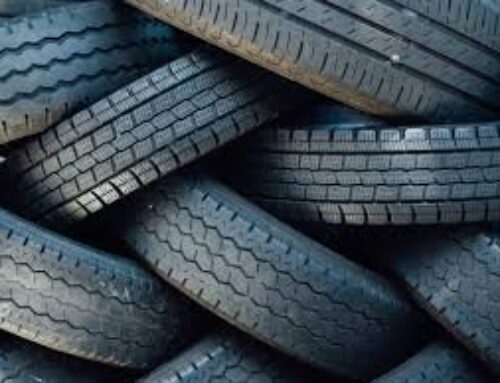
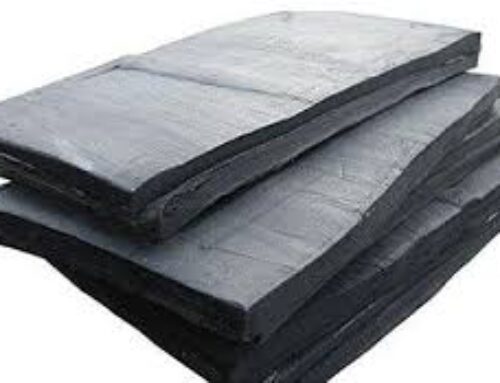


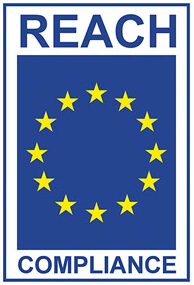

Leave A Comment